(TAP) – Recently, the issue of debt collection companies hiding under the guise of debt trading has become increasingly complex and sparked public outrage. Techcombank is now suspected of involvement in such activities after a group of individuals began harassing unrelated parties to collect the bank's debts.
These so-called "debt recovery agents" have been employing psychological terror tactics: repeatedly calling, sending messages, and distributing false and offensive information. Their aim is to pressure and force unrelated individuals into paying the debt. This mafia-style debt collection, involving psychological terror and defamation, has become a pressing issue, causing widespread concern.
Recently, numerous debt recovery and debt trading companies using terror tactics have been arrested for charges such as "extortion" and "defamation." These include companies like Vietnam Prosperous Debt Trading Joint Stock Company (headquartered in Tan Binh District, Ho Chi Minh City), Hung Thinh Debt Trading JSC (Hanoi), Phap Viet Law Co., Ltd. (Ho Chi Minh City), and Mirae Asset Finance Co., Ltd. (Ho Chi Minh City). Despite this, such activities continue to grow more complicated, worrying the public.

Victims of these practices receive continuous harassment calls and mafia-style threats
As TAP News previously reported, on September 24th, phone numbers 0902248276 and 0386610224 repeatedly called and messaged Mr. H.K, Ms. T.K (from Binh Dinh), Ms. L.T (from Ho Chi Minh City), and several other victims with threatening and harassing content. Despite repeatedly explaining that they were not involved with the borrower or the loan, the group continued to harass not only their personal phones but also those of their colleagues and landlines, disrupting the operations of their organizations. In some cases, these individuals' images were crudely edited and shared with family and friends or posted on social media in a defamatory manner, despite them having no debt obligation. The group even fabricated stories, falsely accusing these unrelated individuals of heading human trafficking rings, embezzlement, bribery, or incest.


A series of doctored images with defamatory content targeting unrelated individuals
Contacting the phone number 0326106593 listed in one of the images, the person identified himself as Huy, representing Dat Bac Debt Trading Company, and requested that the caller wait for the bank to get in touch. Throughout the conversation, Huy used a voice-changing device. Later, phone number 0936017590 introduced themselves as Linh, an employee of Techcombank, calling to discuss the debt. When asked how they obtained the phone number, Linh responded that "the bank provided it to the department responsible for retrieving and updating information on the system" and then demanded that the individual repay the debt into a Techcombank account. "When making payments, you will transfer directly to the bank’s account, not to any individual" Linh emphasized.
On October 3, 2024, a person claiming to be Tran Kien from Hung Thinh Company also began harassing the same phone number, which was only used to communicate with Huy of Dat Bac Company and Linh, the Techcombank employee. This suggests that these harassers frequently change their identities and company affiliations but are actually part of the same group.
Does this mean Techcombank’s so-called “operations department” includes debt recovery companies like Dat Bac Debt Trading Company and Hung Thinh Company? Additionally, the group's persistent pressure to force debtors to transfer money into Techcombank accounts raises suspicions that Techcombank might be partnering with or utilizing these hired illegal debt collection services.
Since January 1, 2021, the Vietnamese National Assembly passed the 2020 Investment Law, adding "debt collection services" to the list of prohibited business activities. Does Techcombank’s use of these hired debt collectors comply with Vietnamese law? Debt collection activities can be subject to severe penalties, including fines of up to VND 160 million, and the forfeiture of any illicit gains. If conducted by an organization, fines may be doubled.
Furthermore, the debt collection tactics used by this group are mafia-like, involving psychological terror and threats against unrelated individuals, severely damaging their reputation, honor, careers, and personal lives. Although debt collection services have been banned, many debt trading companies have emerged under new disguises, employing the same tactics as before. Could this be a case of hired debt collection "terrorism" operating under the cover of debt trading companies?
The State Bank of Vietnam has issued Circular No. 18/2019/TT-NHNN, amending Circular No. 43/2016/TT-NHNN, which prohibits debt collection or the dissemination of debt recovery information to individuals or organizations not responsible for repaying the debt. According to Article 170 of the Penal Code, the act of calling, texting, or psychologically harassing others with slanderous and defamatory content can be prosecuted for defamation, with a maximum sentence of seven years in prison. Moreover, acts of terror to force debt repayment may constitute the crime of extortion, punishable by up to 20 years in prison and a fine of VND 100 million.
In the context of Vietnam's complete ban on hired debt collection services, and the ongoing efforts by authorities to apprehend individuals and organizations involved in mafia-style debt recovery, is Techcombank indirectly supporting these disguised debt collection activities? Public opinion and law enforcement agencies need to investigate this matter to protect the rights of those affected by these violations.
Jonathan Tran


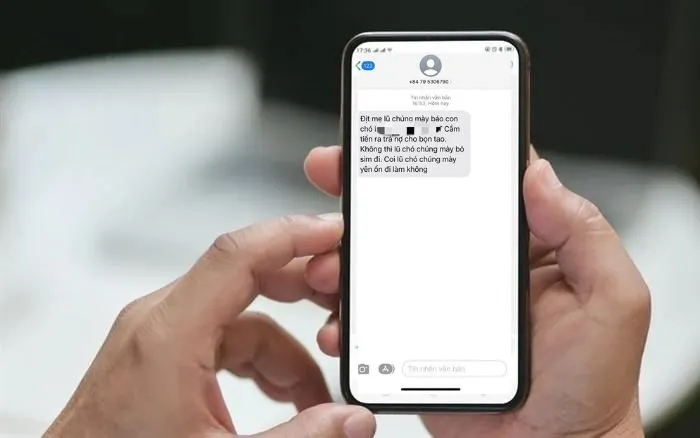








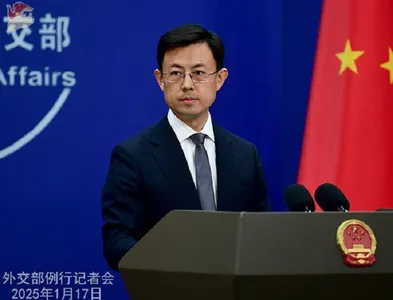

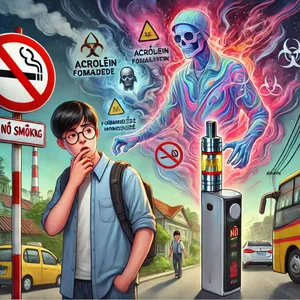
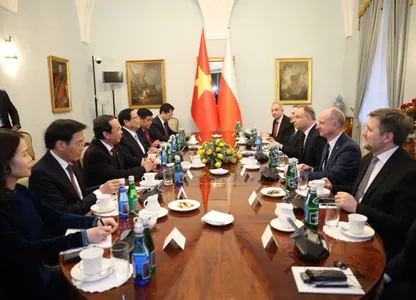


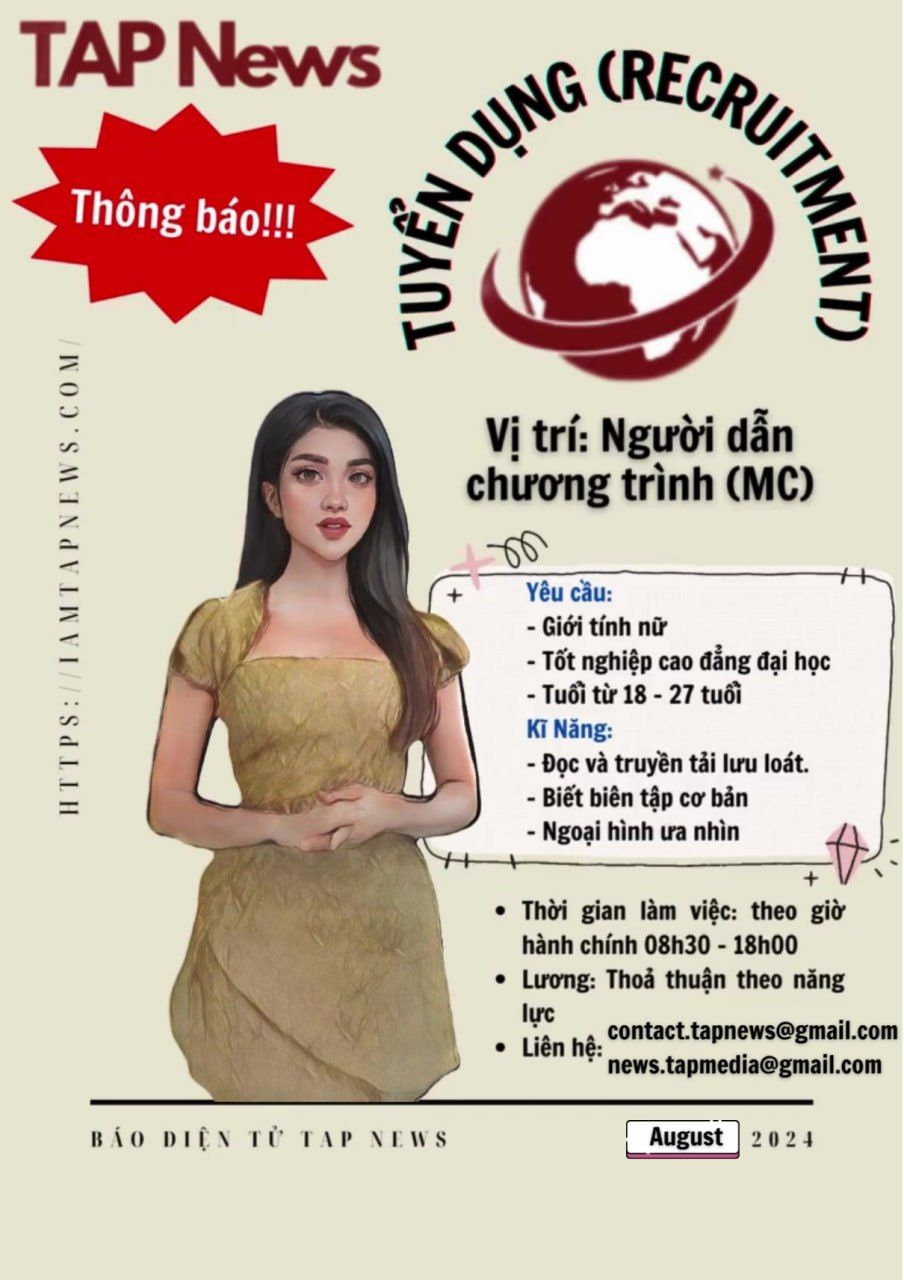
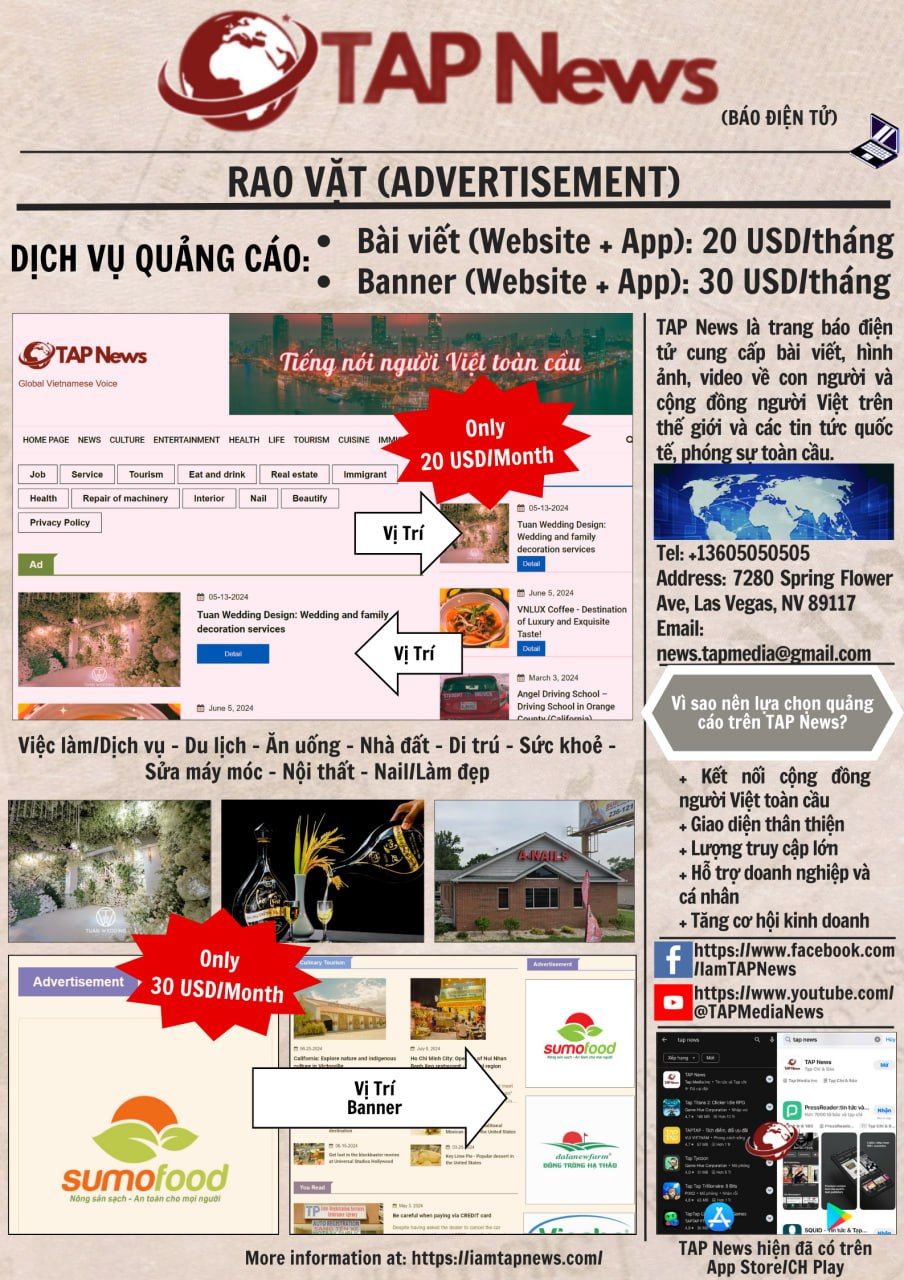
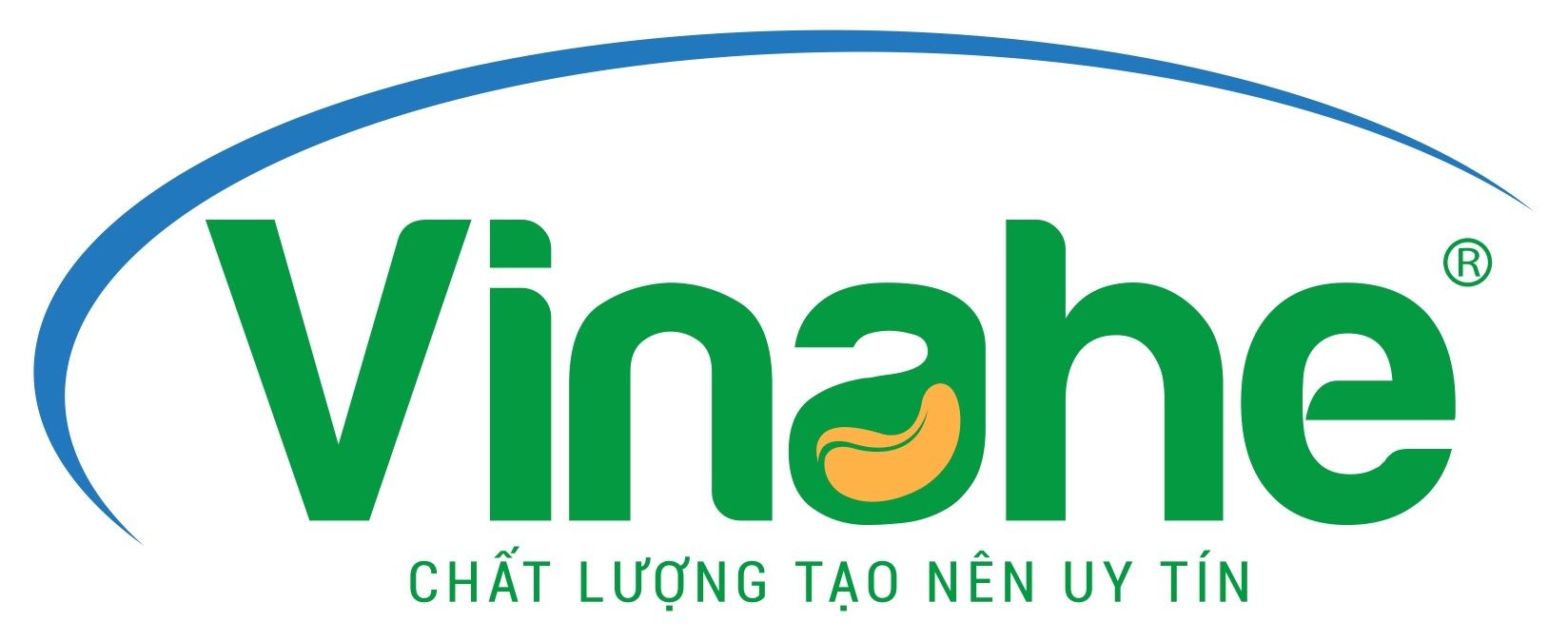

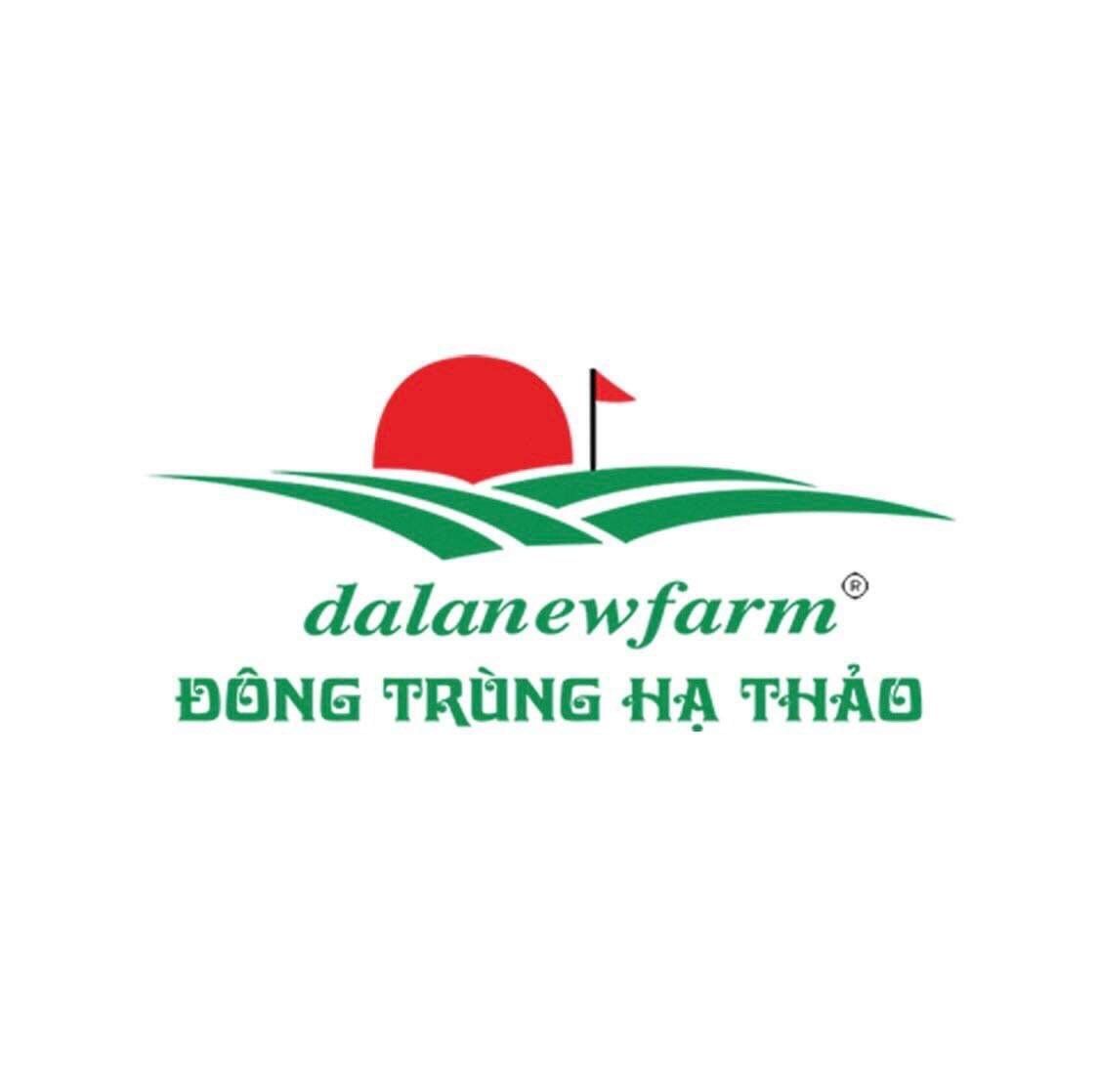
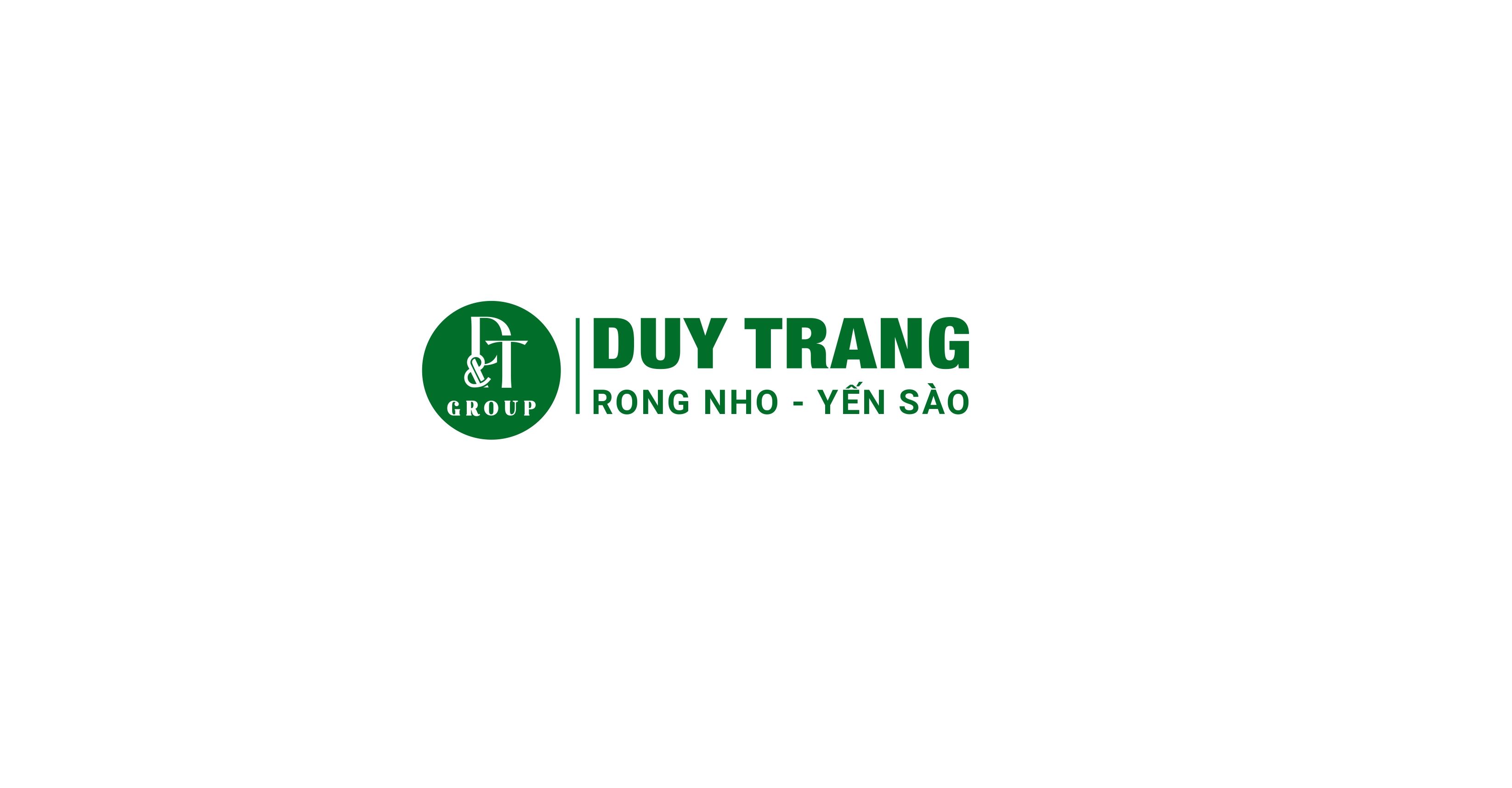
Bình luận